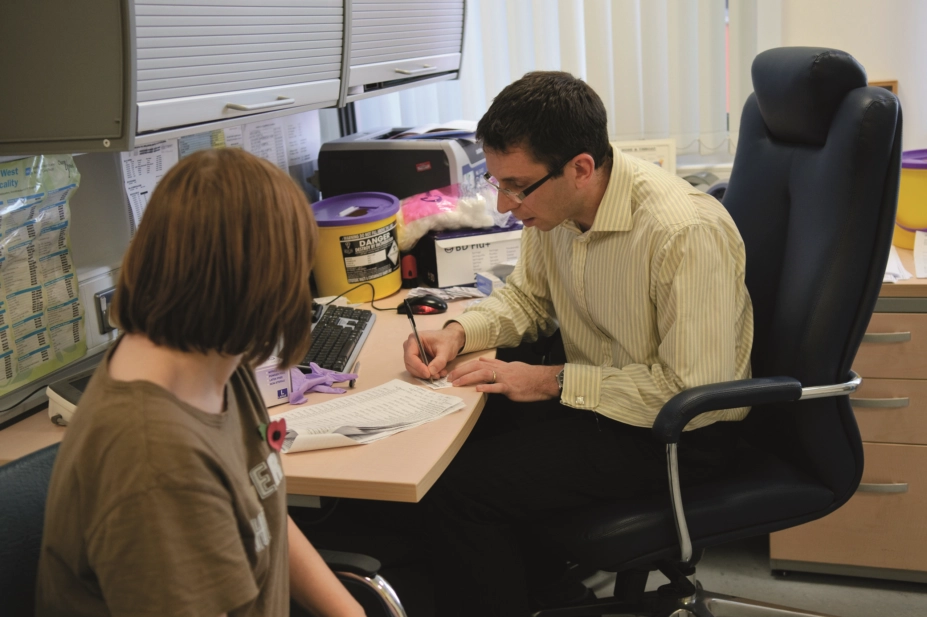
Alamy Stock Photo
GPs’ knowledge of the absolute benefits and harms of treatment for long-term conditions, including cardiovascular disease, diabetes, and stroke prevention, is poor, and likely to have an impact on clinical decision-making, research published in
BJGP Open
(3 March 2020) has shown.
A survey asking GPs to place a value on the benefit and risk of a series of treatments found that doctors were more likely to overestimate the value of medicines.
The doctors were asked to estimate the percentage absolute risk reduction or increase from 13 interventions in clinical scenarios across ten long term conditions and 17 outcomes.
Overall, the results showed that 87.7% of the 443 GPs who took part in the survey overestimated treatment effects and 8.9% underestimated the effects.
GPs taking part had poor overall confidence in their knowledge of absolute risk reduction, with 64.8% reporting ‘low’ or ‘very low’ confidence.
Better resources are needed to help GPs and other practice staff quantify benefits and harms of treatments in order to have more informed conversations with patients, the researchers concluded.
There are several examples where the results would have clinical implications, the researchers noted, including a scenario considering medicines to treat hypertension: one doctor believed the benefit to be a 1% absolute risk reduction in cardiovascular events over ten years, but another thought it was 20%.
In a question about tight glycaemic control, 20% of respondents thought that treatment would reduce the chance of hard microvascular outcomes by 10% over 5 years, when an significant trial showed that the reduction was 0%, the researchers said.
Conversely, the benefits of anticoagulant therapy for stroke prevention in atrial fibrillation is commonly underestimated, while the risks of bleeding were overestimated, the researchers stated.
Julian Treadwell, a GP and National Institute for Health Research doctoral research fellow at the University of Oxford, and lead author of the study, said he was “genuinely surprised” at the range of answers that doctors provided.
Treadwell is currently working on a website that provides clear information on risks and benefits of treatment in a user-friendly way, which he said would be beneficial for any health professional involved in prescribing or conducting medication reviews.
“In the past few years, we have seen a lot of really good changes in medication reviews and there is a lot of guidance now, but there is still this missing bit in guideline-driven treatment,” he said.
Robin Conibere, a GP practice pharmacist at the Beacon Medical Group in Devon, said it was easy to end up following guidelines and chasing targets without thinking more carefully about the actual benefit to the patient.
“People assume everyone they give drugs to benefits, and it is quite hard to unpick that,” he said.
“We do need better resources — something that is easily accessible that allows us to have informed conversations with patients.”


